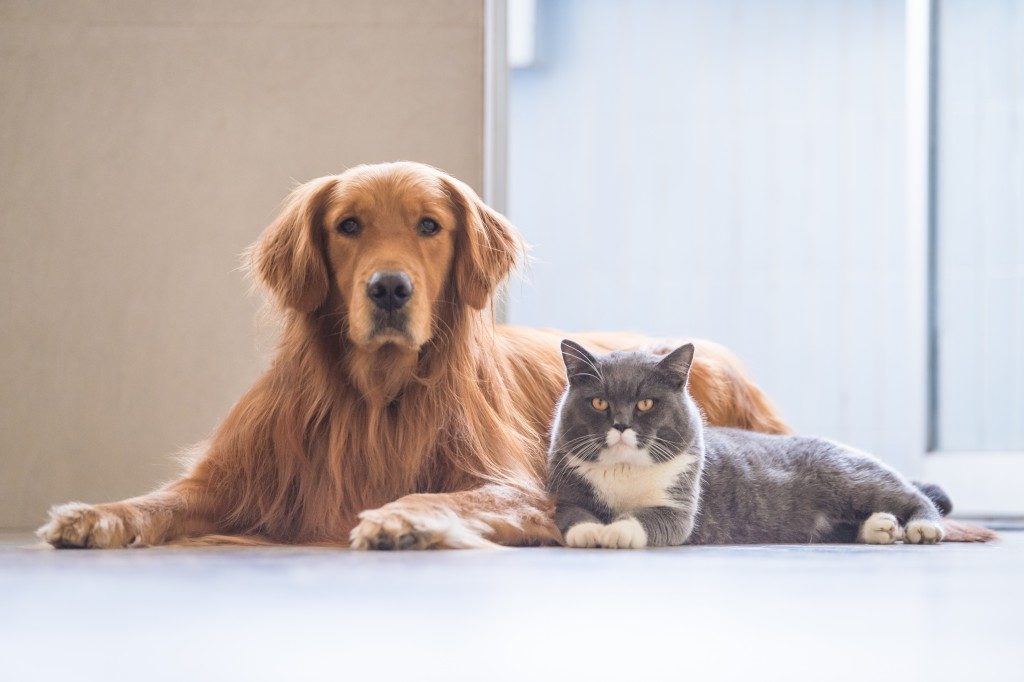Taking care of your pets can be one of the most rewarding experiences out there. Taking care of a pet can teach you responsibility, kindness, respect, and love. Other people might even have pets because it helps them cope with their mental illness. Not only that, pets can provide you with unimaginable amounts of love and companionship.
Although owning pets can have numerous benefits to your overall health and well-being, multiple illnesses can be transferred from your pet to you if the necessary precautions are not in place. So what are these diseases, and how can you prevent yourself from contracting them?
What Pet-related Diseases Can I Be Infected With?
Like any other living organism on this earth, such as humans and animals, we all carry germs and parasites. Although you must keep in mind that not all diseases and pests that your pets have around in their body can cause you to be infected.
That being said, it should be noted that dogs and cats are two of the biggest carriers of zoonotic infections that can be transmitted through feces and their saliva.
If your household has immunocompromised individuals such as family members with lupus or HIV are especially vulnerable to these diseases. Children are also more at risk for these infections. If left unattended, such infections can cause severe health complications.
Rabies
Rabies is the most common way that humans can get a disease from their pets. Rabies infection is known to have high mortality rates in both humans and animals. It should be noted that dog bites are the largest contributors to rabies infection.
Salmonella
Salmonella develops in the large intestines of your pets. You and your loved ones can get infected through your pet’s feces. Salmonella can cause gastroenteritis, bacteremia, osteomyelitis, and fever.
Pasteurella
Pasteurella is also another commonly found disease in your dogs and cats. Humans can contract this disease through bites and scratches and can cause multiple health issues such as meningitis.

How can I prevent these pet-related infections?
The diseases mentioned above are curable through anti-bacterial medication such as penicillin and a combination of other treatments. It is always better to be pro-active to prevent unnecessary sickness.
Update Your Pet’s Vaccination Shots
Updating your pet’s vaccination shots is your first and most significant line of defense against rabies and other diseases. Updating your pet’s vaccination shots can also protect them from many deadly diseases.
There are numerous vaccines should be administered to your furry friends, so make sure to ask your vet for vaccine recommendations.
Professional Help
In some instances, pests such as rodents and tics are known for transferring diseases through bites. If this is the case, you might want to consider hiring pest control services. The last thing that you want is getting bitten by a rodent and contracting these diseases. It might seem like an added cost, but this is a way better choice than spending hundreds of dollars on hospital and veterinary bills for you and your pets. After all, prevention is key.
Bathe Your Pets Regularly
Regularly bathing your pets once every few weeks can eliminate most bacteria that hang around on your pet’s fur and skin, thus reducing the risk of infection, especially if you see that they’re dirty from having been rolling around their feces. Bathing can also help improve your pet’s coat shine and overall health.
Trim Your Pet’s Nails
Overgrown nails can hide a host of bacteria, and if your pet accidentally scratches you, chances are those bacteria are going to get under your skin through the wound and cause an infection. So it’s always best to regularly trim your pet’s nails, especially if you see that it’s grown too long. Trimming your pet’s nails not only reduces the risk of infection but also makes your pets walk more comfortably and reduces the risk of injuries.
Clean Up After Your Pets Excrement
Proper waste disposal is one of the most critical parts of being a pet owner. Besides ensuring that you don’t get complaints from your neighbors, proper waste disposal can reduce the risk of bacterial infection and parasites for both you and your pet and help protect your immune system.
Your pets can expose you and your loved ones to many scary diseases. Still, with proper precautions, proper pet-care, and waste management, you can ensure that these risks are kept to a minimum or even eliminated. With all things considered, taking adequate care of your pets can bring many happy moments to you and your loved ones’ life.









